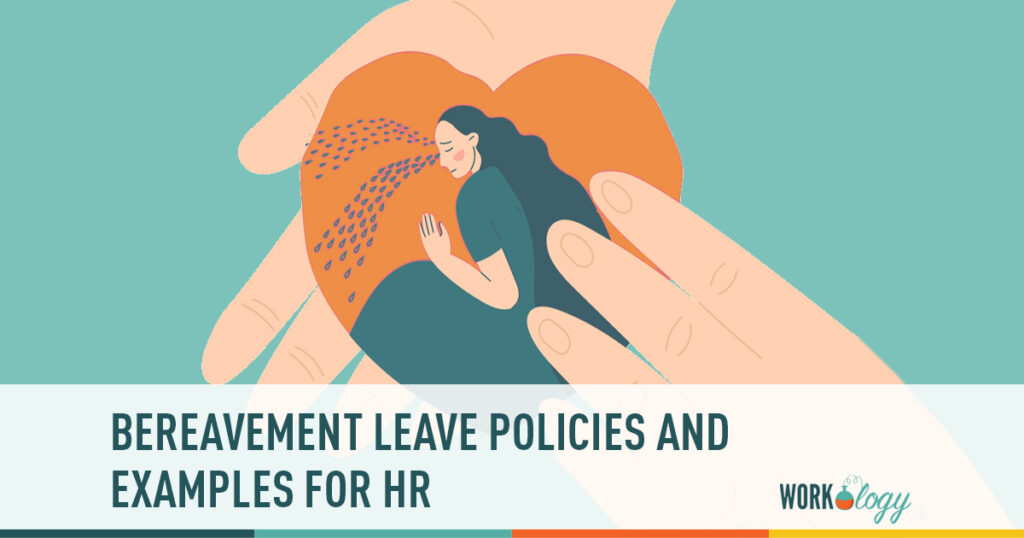When the worst happens, your employees need the most support possible. They are going through something horrible, and the grief does not need to be exacerbated by the stress of work. They will need time off to mourn. A generous and flexible bereavement leave is an incredibly important policy for your company to have.
If you want to learn more about the different types of paid and unpaid time off, you can check out this post: 12 Types of Paid and Unpaid Leave and Time Off
What is bereavement leave?
Bereavement (or compassionate) leave is when an employee takes time off to mourn when someone close to them passes away. FLSA doesn’t require that bereavement leave is paid, but some employers will choose to offer paid bereavement leave.
Usually, bereavement leave allows leave time for a funeral or memorial service, any financial obligations that need to be settled (for example, inheritance or estate affairs), and personal mourning time. Some employers will be more flexible and allow for extra time if travel is required. However, most employers have a maximum amount of time that can be spent, and often an employee will have to use their PTO if they want to take more time than is offered.
Is bereavement leave only for family members?
This depends on what the employer stipulates. Some policies will allow bereavement leave for anyone who is considered close enough to the employee to warrant mourning time, and have little to no stipulation. Others will specify the nature of the relationship with the employee. For example, some employers will only allow bereavement leave for immediate family (and not, for example, in-laws). Some policies don’t allow bereavement leave for close friends, but more progressive ones do.
There is no federal pet bereavement leave policy, but recently some companies give a small amount of time when an employee’s pet passes away.
Some employers are giving bereavement leave for miscarriages. Most employers will just give unpaid leave for miscarriages under FMLA, as miscarriages count as a serious health condition. Recently, more and more employers are allowing for bereavement or compassionate leave after a miscarriage.
In fact, just recently, Gov. Pritzker in Illinois signed the Family Bereavement Leave Act, which requires companies to consider a miscarriage covered under the Child Bereavement Leave Act.
Steps like this are imperative to ensure employees feel protected and safe when it comes to taking care of their reproductive rights. Now is not the time to be silent.
Policy Sample
At [Company], we want to make sure that employees have as much time to mourn the loss of a loved one as possible.
We offer a minimum of five paid days of time off for the death of a loved one to attend funeral or memorial arrangements, resolve financial matters such as inheritance or estate affairs, or personal mourning.
If travel is required, two extra days of unpaid leave can be taken, provided proof of travel arrangements.
If more time is required, employees may take more unpaid time off given the circumstances, at the discretion of the manager. If additional time is needed, employees are urged to use their PTO hours.








